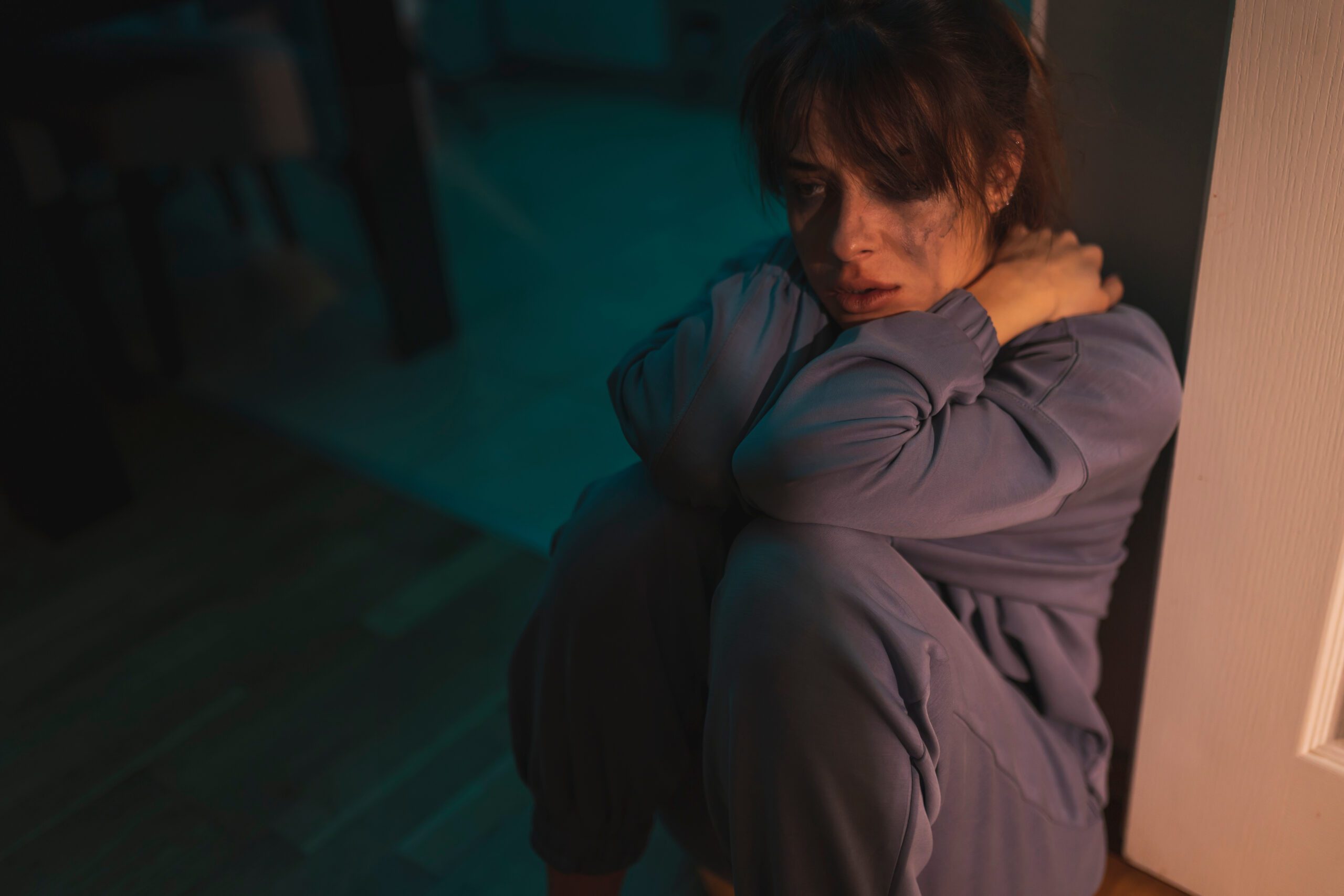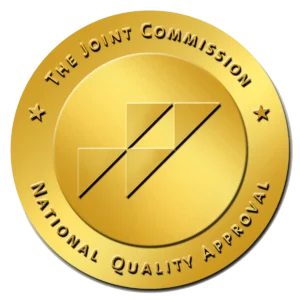Schizophrenia is a severe mental health disorder that is frequently misunderstood and portrayed in ways that could cause confusion for the general public and harm to people with this condition. At The Pavilion at Williamsburg, we treat people with schizophrenia every day, and we would like to share information that might make this mental illness more understandable for those who aren’t familiar with it.
What is Schizophrenia?
Schizophrenia is a serious brain disorder that impacts a person’s ability to interpret reality. People with this condition:
- May experience hallucinations – seeing, hearing or physically feeling things that do not exist for anyone else. Hearing voices is the most common and well-known type of hallucination.
- Could believe delusions, or ideas that are not based in reality:
- Someone is trying to harm them
- People are communicating with them through code
- They are famous
- They have a special ability
- The food at a particular grocery store is unsafe to eat
- Might also exhibit unusual physical behavior:
- Odd posture
- Unnecessary movements
- Lack of movement
- May say things in a way that does not make sense to people around them:
- Answers to questions are only partially or not at all related to what was asked
- Words are strung together in sentences that have no meaning, sometimes called “word salad”
- Could struggle with suicidal thoughts
These episodes can be confusing and isolating for the person experiencing them, who may not be able to distinguish between reality and their illness and who may also struggle to feel comfortable with other people.
Causes of Schizophrenia
There is not one clear cause of schizophrenia, but scientists have found several contributing factors:
- Brain structure and function – the brains of people with schizophrenia are built differently, with noticeable size differences in certain areas compared to the brains of people without the condition.
- Genetics – there is a higher chance of someone developing schizophrenia if they have a close blood relative with the condition, but that does not mean a person will automatically develop schizophrenia just because a family member has it.
- Environment – people who live in poverty, in stressful or dangerous environments, or who experience nutritional issues or viruses in utero are at increased risk.
How Schizophrenia Starts
Millions of Americans have schizophrenia, but the early symptoms are often not recognized, so treatment is frequently delayed. Symptoms can vary from person to person and severity may change over time, but knowing what to look for may make it easier for you to help someone with schizophrenia get help faster:
- Onset for this condition is typically earlier in men than in women. For people who are biologically male, onset is normally in adolescence or the early 20s. For biological females, it is usually later, in their mid-20s to early 30s.
- Research indicates that there are often changes to thinking, mood, and social functioning before the first episode of psychosis occurs.
- If you present facts that contradict a person with schizophrenia’s altered perceptions, they will persist in their beliefs.
- You may find that the person has difficulty with attention, memory, organization, and expressing emotion. They may speak in a monotone voice and move or position their body in odd ways.
- There may also be reduced attention to hygiene, and you may notice that the person is no longer interested in doing things they used to enjoy.
Multiple Personalities Versus Schizophrenia
You may have seen depictions of people with two or more distinct identities that alternately take control of their actions. This condition, formerly known as multiple personality disorder, is now called dissociative identity disorder (DID) and is not the same as schizophrenia.
Violence and Schizophrenia
Most people with schizophrenia are not violent. They are far more likely to hurt themselves or become victims of crimes than to perpetrate crimes. When people with schizophrenia do exhibit violence, it is generally as a result of their condition not being treated.
Treatment for Schizophrenia
There is no cure for schizophrenia. It is a condition that requires lifelong treatment. The earlier treatment starts, the better a person’s chances are for recovery and a good quality of life. Treatment will likely include:
- Medication – antipsychotic medications can help the person to manage their symptoms. Medications can take weeks to start working, and several different medications may need to be tried to find out what will work. If the person struggles with taking medication, they may be able to get their medication injected once or twice per month. If none of the available medications work, electroconvulsive therapy (ECT) may be attempted to reduce symptoms.
- Therapy – people with schizophrenia can often benefit from individual and family sessions and from support groups with other people who share their diagnosis.
- Supported employment – the person may need help finding and keeping a job.
Long-Term Outcomes
People with schizophrenia are often able to attend school, hold down jobs, live independently and have close relationships with others if they receive treatment and support.
At The Pavilion in Williamsburg, Virginia, we offer treatment and support for patients with schizophrenia and their families. We invite you to reach out if you would like to learn more about the services we offer.






